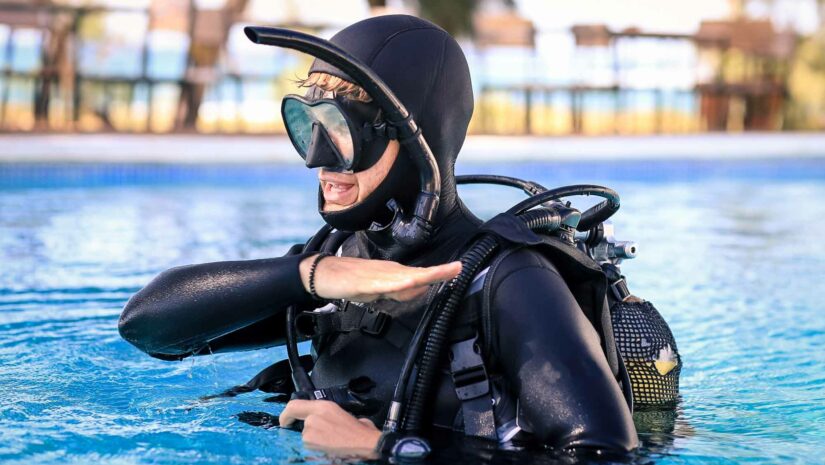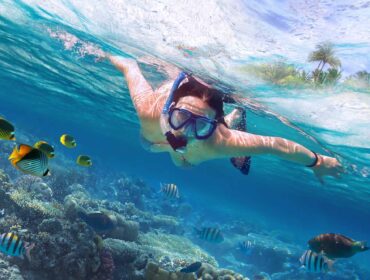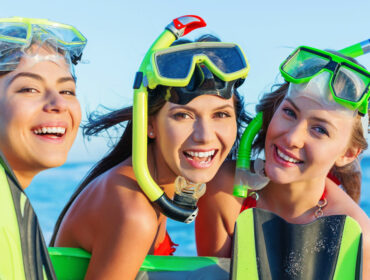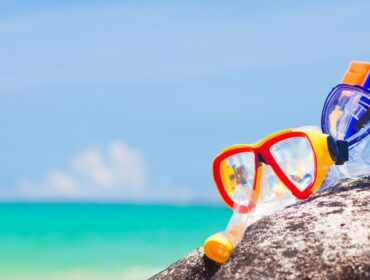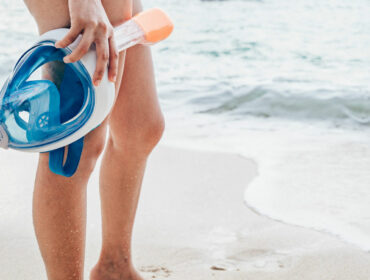Many divers have questioned if a scuba snorkel is really necessary for scuba diving, and the topic remains a controversial issue. While it isn’t considered necessary for technical divers, recreational divers are often advised to wear them when taking entry-level scuba certification courses.
The truth is, there is no straightforward answer to this question when it comes to commercial diving. Some seasoned divers argue that they never bring a snorkel with them as they never encounter scenarios that require them. Others stick rigidly to this rule and always have a snorkel tucked in their BCD pockets.
To help you figure out if snorkels are right for you, we’ve listed down some of the pros and cons of using a snorkel when diving.
The Pros and Cons of Diving with a Snorkel
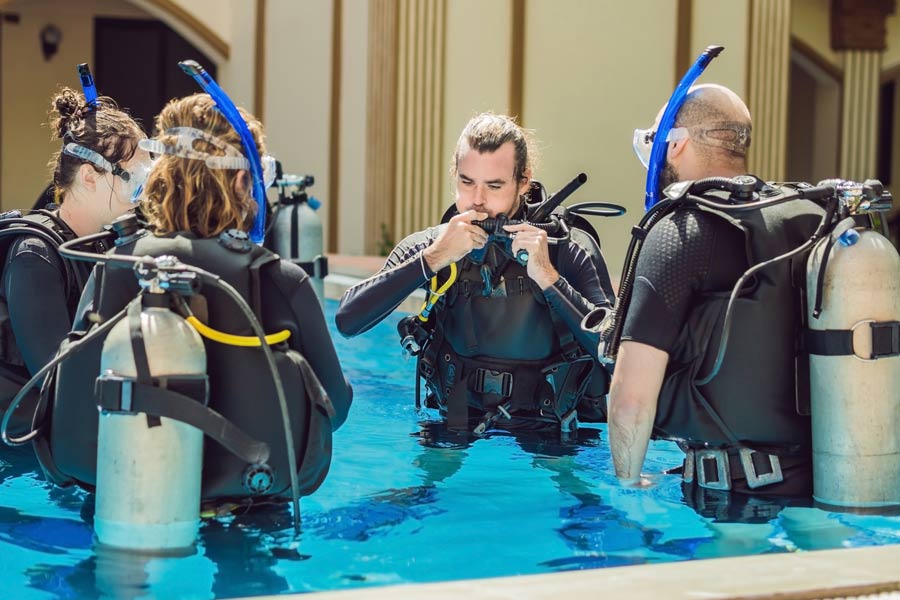
Pros
- Shore divers are often advised to bring a snorkel if they have to swim a considerable distance to their dive sites. By using a snorkel, they’ll conserve the air in their tanks and enjoy a more comfortable swim.
- Having a snorkel attached to your mask will allow you to conserve energy while waiting to be picked up by your dive boat. This is particularly important if conditions are rough and you’re exhausted. By breathing through the snorkel, you’ll avoid swallowing lungfuls of water and emptying your dive tank.
- A snorkel can help you assess dive conditions from the surface. If you’re on a dive boat, you could get into the water first while wearing your mask and snorkel to assess the current and level of visibility.
- A snorkel will come in handy when you’re towing a fellow diver and need to breathe properly will surface swimming.
- In short, your snorkel is an essential safety tool that will come in handy in various scenarios, not just when you’re surface swimming.
Cons
- A snorkel is obviously a great way to swim on the surface without using up the air in your scuba tank. However, once underwater, they can be unwieldy. When the current is strong, the snorkel may pull or tug on the mask strap, causing the mask to flood with water. A wobbling snorkel may also cause discomfort if it keeps hitting your head or scuba equipment. Thankfully, discomfort can be reduced if snorkels are worn closer to the head or have a streamlined design.
- Snorkels have a tendency to get entangled in divers’ hair. To prevent this from happening, consider wearing a swim cap or similar head covering.
- Snorkels create additional drag, especially when the current is strong or when you’re first entering the water. Snorkels also come off easily if they aren’t secured properly.
- Aside from your long, flowing locks, snorkels have a tendency to get caught in other things, including current lines, down lines, and reel lines. To avoid danger, student divers are advised not to wear snorkels when exploring underwater caves and wrecks. On the other hand, highly experienced divers who’ve worn snorkels for the longest time know how to avoid entanglement issues during their dives.
Choosing the Right Scuba Diving Snorkel
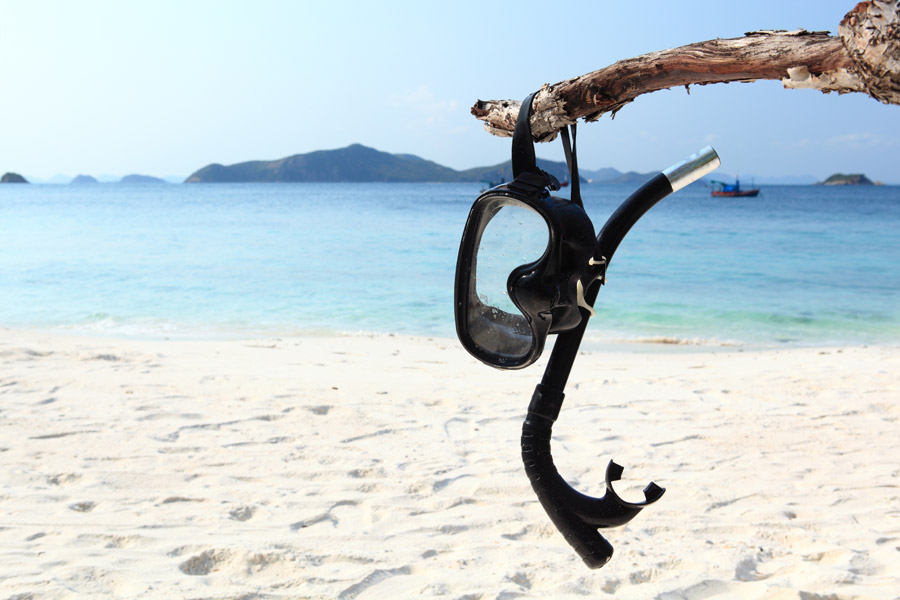
Different types of snorkels are available, including classic snorkels, dry snorkels, and semi-dry snorkels.
Classic snorkels are popular with experienced freedivers and spearfishers since they are low volume and not prone to drag. This type of snorkel is also suitable for snorkeling and scuba diving. Dry snorkels, on the other hand, have mechanisms that prevent water from flooding in as the person dives underwater. This mechanism is usually a floatation device that moves upward to shut the air pathway.
Semi-dry snorkels, meanwhile, have splash guards at the top of the tube which prevent sprays of water from easily entering the tube. This type of snorkel is best for divers who want to conserve the air in their tanks while surface swimming without having to deal with the bulkiness of a dry snorkel.
To avoid many of the issues that come with using a dive snorkel, consider getting a foldable or collapsible snorkel. Choose one that can be folded and stored in your BC pocket or attached to your buoyancy compensator during your dive, then attached to the mask strap when swimming along the surface.

